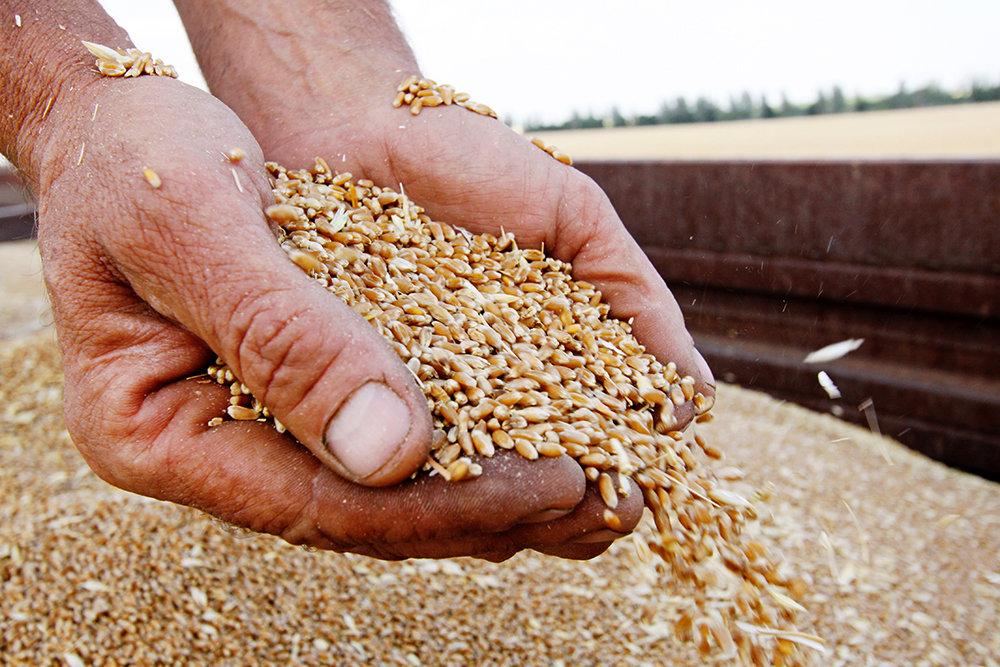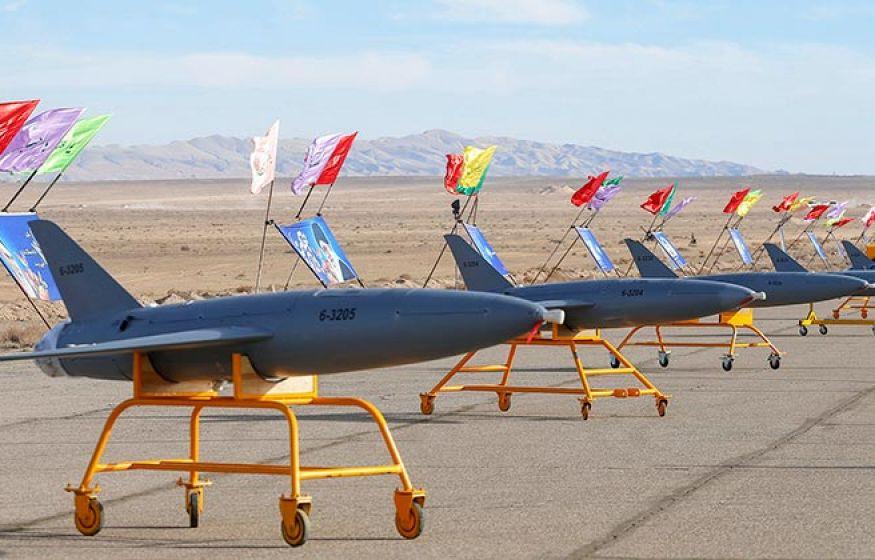Tehran-2022: Who will set the rules of the game - Türkiye, Iran or Russia? Geopolitical analysis by Caliber.Az
The forthcoming summit of the leaders of Türkiye, Russia, and Iran, amid the changed geopolitical reality, is obviously not a routine one. Experts and analysts tend to see this event as having both an above-water part concerning current problems in the region and an underwater one - the upcoming redistribution of spheres of influence of the three empires in Eurasia. Whether or not the leaders of the three powers will attempt to share the "geopolitical pie" is an interesting question...
It is quite clear that the very fact that Presidents Erdogan, Putin, and Raisi are meeting in Tehran suggests that they are planning to discuss issues of a large scale, in fact, updating a certain new road map for the situation in the region. All three countries have accumulated pressing problems that are worth considering at the level of the countries' leaders. The situation in a number of regions requires serious analysis: Europe, the Middle East, and Central Asia are all linked by common processes, and if something happens in one, it echoes in the other. All three countries have tremendous potential for influence on the continent, all three are authoritative players in their regions. And in a sense, the summit in the Iranian capital can even be compared to the legendary Tehran-43 in both substance and form.
The current format of the issues discussed at the Tehran consultations was roughly outlined by Putin's press secretary Dmitry Peskov. "Yes, we can confirm that. Indeed, the president's trip to Tehran is being prepared. There will be a meeting of the heads of the guarantor states of the Astana process to facilitate a Syrian settlement. And indeed, there will be a meeting between Putin, Raisi, and Erdogan," Peskov said. This leads us to the conclusion that one of the topics of the summit will be an analysis of the situation in Syria, the interests of all three powers are present here. Here Russia has at least a tough conversation with Türkiye.

Another important event accompanying the meeting is the consultations among Russia, Türkiye, Ukraine, and representatives of the United Nations about the possibility of removing Ukrainian grain from the country's ports. The issue is very painful and overdue - Russia needs to respond to this problem, solving it as quickly as possible, because all countries of the world, without exception, demand this from Moscow. No one wants the prices for the grain blocked in the ports of Ukraine to go sky-high, and the global food crisis to become an increasingly frightening reality. Russia should show goodwill in this case, lest it finds itself completely excluded from dialogue with developed countries simply because it is the country that exacerbated this problem by starting a war with Ukraine. Europe is afraid of the specter of a world famine almost like a Horseman of the Apocalypse, and the issues of the womb and daily bread are the total trigger for Europe. Therefore, it is better for Russia not to play up these fears of the world community. Moscow undoubtedly has a lever of influence on this situation, thanks to which it can bargain something for itself, but the world community's patience is evidently running out.
The issue of creating a "grain corridor" was already discussed at the June 8 talks in Ankara between the foreign ministers of the two countries - Sergei Lavrov and Mevlut Cavusoglu. President Putin then promised that the Russian side would guarantee unhindered passage of ships with Ukrainian grain if Kyiv cleared its ports and ensured the removal of cargo through Berdyansk and Mariupol.
"The corridor in the Black Sea is a very serious issue in which the approaches of Putin and Zelenskyy are very important. We are continuing our negotiations and we wish to see this process continue under the auspices of the UN as a mediator. We will intensify our negotiations and within 7 to 10 days we will try to reach a result," Erdogan said recently, announcing a new meeting.
At the same time, Russia, judging by signals from the Kremlin, intends to strengthen cooperation with Iran. And Moscow needs to get such a partnership practically in an emergency mode, as it has no other way out - import-export with Europe is literally zeroed out, and sanctions are working very effectively.
"In conditions of anti-Russian sanctions imposed by the US and the European Union, Russia is even more interested in cooperation with Iran," said Mohammadreza Pur-Ebrahimi, chairman of the economic commission of the Iranian parliament, commenting on the upcoming talks in Tehran. Moreover, because of the hostilities in Ukraine, Russia clearly needs technological weapons, but Putin clearly does not want to turn to Erdogan because of the military partnership between Ankara and Kyiv. Therefore, Moscow is ready to work even with Tehran. In any case, on July 12, the US Presidential National Security Adviser Jake Sullivan said that the Russian Federation asked Iran to provide hundreds of combat drones at short notice. It's a fascinating passage that makes you wonder about the true state of affairs.
And this is about the above-water part of the meeting of the three leaders. The underwater part is much more complicated and confusing. But it is this part that forms the main agenda of the negotiations. Experts believe the main topic of discussion will be the redistribution of spheres of influence in the region, where Russia is the weakest link. And this may indeed be an alternative to Tehran-43, where the future world order was determined, as we remember, by Churchill, Stalin, and Roosevelt.
At this new meeting in Tehran-2022, according to analysts, the current balance in the southern borders of Russia - in the South Caucasus and Central Asia may be discussed. It is possible that the Kremlin will be asked to forget its previous intentions about the "zone of vital interests" in this region and agree to Türkiye's entry there. Iran will also have to concede some issues.
Erdogan is obviously the leader in this triumvirate - he alone maintains working relations both with the West and with the two sub-sanctioned states - Russia and Iran. Experts suggest that the situation might have been different if Moscow had demonstrated at least some results in Ukraine, but it does not have much to brag about. On the contrary, Russia is now acting as a beggar, heavily dependent on the initiatives of Ankara and Tehran.

What is worth at least the request of the Russian Federation to Iran for the supply of drones. It is obvious that Moscow, because of the significant restriction on technology transfers, cannot provide the electronics for its UAVs that come from abroad. And now Moscow's technology supplier is another pariah-country suffering under the weight of sanctions.
Judging by the balance of power, it seems that Putin and Raisi should play the leading roles in the Tehran rendezvous, and Erdogan would have to oppose such a bloc, acting as the new-found Churchill. But the reality is different: in the talks, Erdogan will feel the support of his new ally, whose invisible presence is clearly implicit in Tehran, and that is Israel, among other advantages. In light of the new era of Turkish-Israeli relations, this alliance appears to be a very serious counterweight to the influence that Russia and Iran currently have in the Middle East, primarily in Syria and Lebanon. And another important ally of Erdogan's on the very opposite flank, in the South Caucasus, is Azerbaijan. Baku, like Tel Aviv, is implied to be an invisible participant in the meeting in Tehran. Together, Ankara and Baku are forming a new bloc of power and influence in the region, pushing other states to the background. And given the rapid warming of Ankara's and Yerevan's relations, this is even more evident.
So, we can say with a fairly high degree of confidence that the new redistribution of "property" in Tehran will meet expectations. Moscow, which depends on Ankara as its only communication window to both the West and the East, will have to accept Erdogan's rules of the game. Such an outcome is more than likely because Russia has almost lost its most important business partner, Kazakhstan, which, one might say, has left the room. This country is already playing in a different "league," and certainly not with Moscow.
And the very format of such vital for Russia window in its transit-transport part is formed by the tandem of Türkiye and Azerbaijan through the Zangazur corridor. And there is also the North-South corridor, where Azerbaijan's transit through Iran is an important link. Thus, in a situation where Ankara has "covered everything", the main engine is the transit potential of Baku. Baku manages to maintain stable partnership relations with all participants in geo-economic processes.
And as for the triumph of this unity, it is more than likely not far off, because, given the realities, Russia will most likely have to cede control over Syria to Türkiye, especially in the Idlib region. Moscow's other rollback in positions is even more important - it is, in fact, accepting the situation of Central Asian countries' transition to strategic cooperation with the Ankara-Baku bloc, where Moscow's role will rapidly diminish. And the role of the Turkic alliance will inevitably increase.






